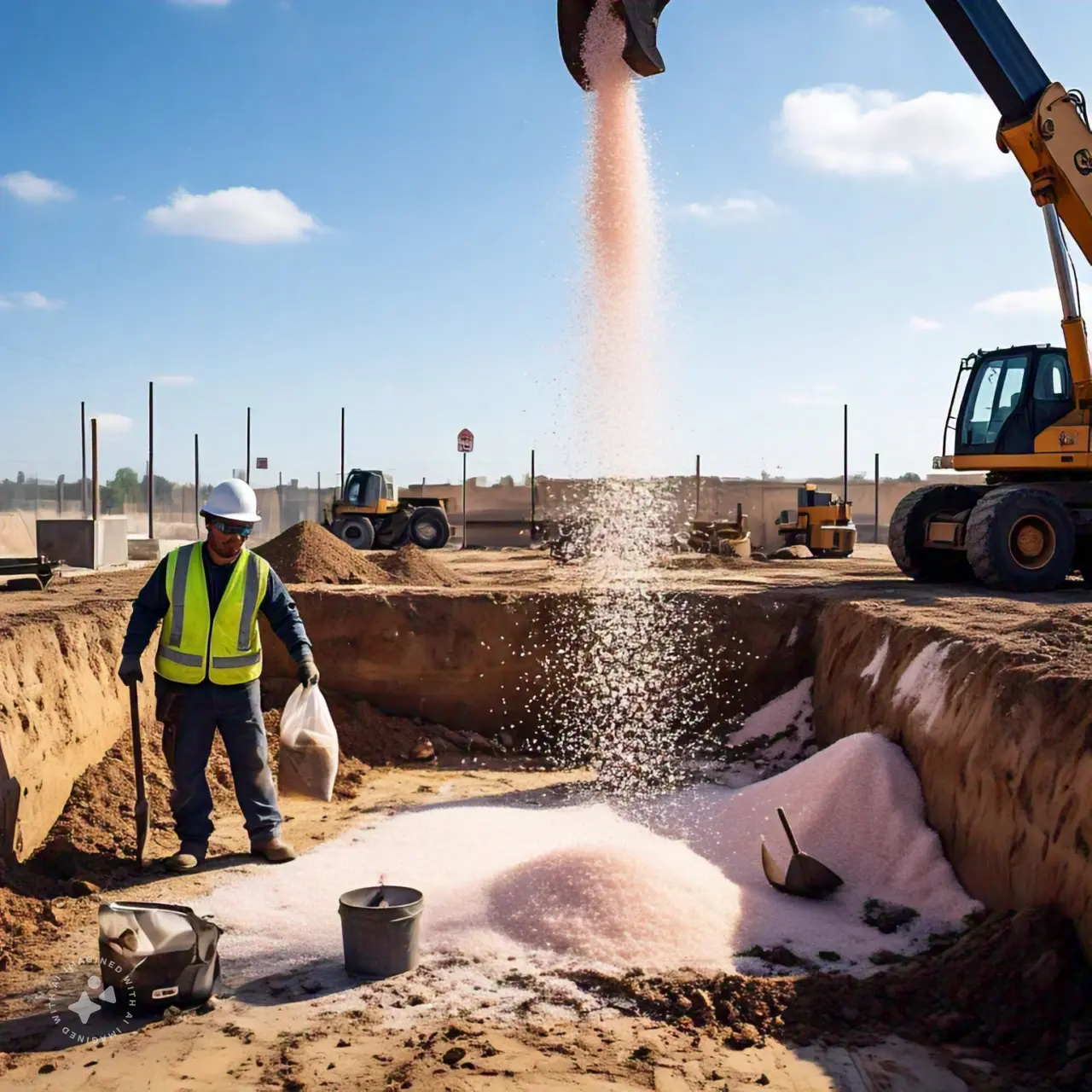Excavating with Salt
To be able to efficiently dill for gas an oil, substances such as drilling salt needs to be added to improve the drilling mud’s density. Drilling mud is a crucial part of the drilling process as it is responsible for carrying the crushed stones obtained from excavating using the drilling pipes to the surface.
The Types of Drilling Mud
There are two main types of drilling mud. The first is water- based and the other is oil-based. From its name, the main component of water-based drilling mud is water. Some other substances are added to this type of drilling mud according to the excavation conditions. These substances include starch, soda ash, barite, calcium carbonate, lime, and drilling salt. Regarding oil-based drilling mud, its main component is petroleum derivatives, for instance, diesel. According to the excavation conditions, viscosifiers and emulsifiers are added to the drilling mud.
The Role of Salt in Drilling Mud
Drilling mud includes an array of solid compounds, for instance, polymers, drilling salt, and cellulosic materials. By saturating the drilling fluid with salt, advantages, such as, stabilizing the well and preventing it from collapsing, controlling the viscosity and concentration of the polymers found in the drilling fluid through pH regulation, are reaped. That is why the use of sodium chloride salt is crucial for the drilling process. Moreover, the salt-improved drilling fluid also has the perks of enhancing the drill’s rotation speed, preventing corrosion of pipes, decreasing the drill’s friction, facilitating debris, gas and oil transport to the surface, and cooling the drill and pipes.
Drilling salt of Egyptian Lebanese Company for Food Industry
The Egyptian Lebanese Company offers drilling salt to improve your drilling and excavation experience. Available in 25, 50, and 1250 kg bags.
